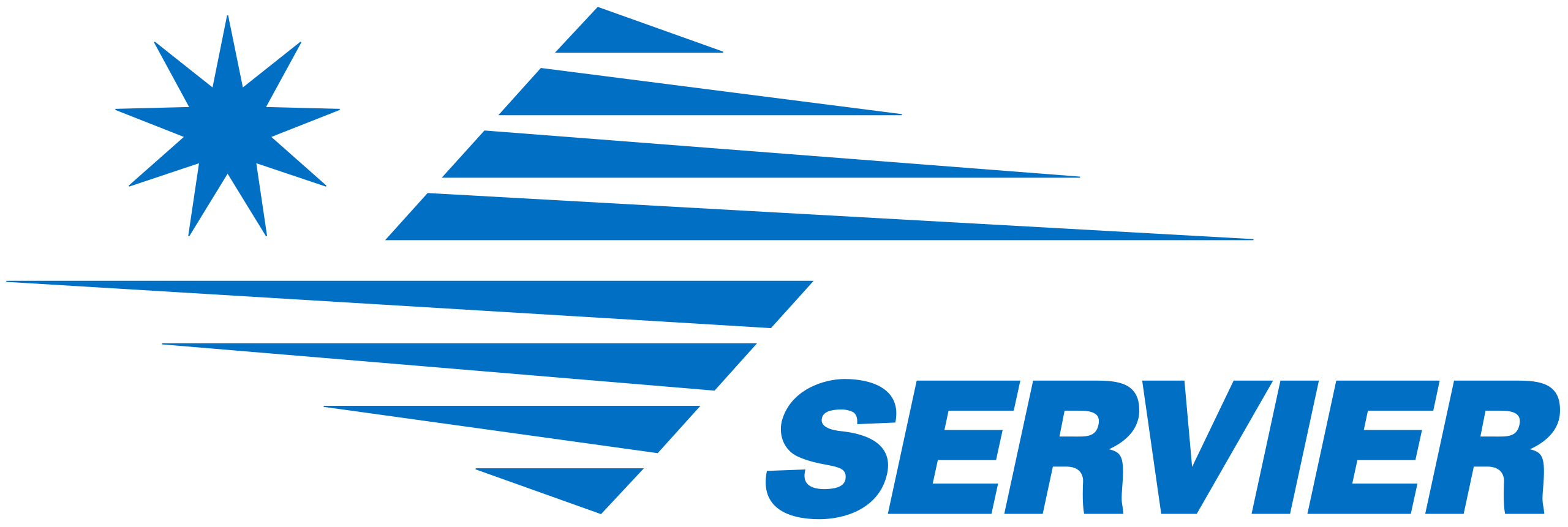Go back to trials list
A Phase 1/2A, Open Label Dose Escalation and Expansion Study of Orally Administered CA-4948 as a Monotherapy in Patients With Acute Myelogenous Leukemia or Myelodysplastic Syndrome
Description
This is a multicenter, open-label, Phase 1/2a dose escalation and expansion study of orally administered emavusertib (CA-4948) monotherapy in adult patients with AML or higher- risk Myelodysplastic Syndrome (hrMDS). Patients enrolling in the Phase 1 dose escalation of the study must meet one of the following criteria prior to consenting to the study: * Relapse/refractory (R/R) AML with FMS-like tyrosine kinase-3 (FLT3) mutations who have been previously treated with a FLT3 inhibitor * R/R AML with spliceosome mutations of splicing factor 3B subunit 1 (SF3B1) or U2AF1 * R/R hrMDS with spliceosome mutations of SF3B1 or U2 small nuclear RNA auxiliary factor 1 (U2AF1) * Number of pretreatments: 1 or 2 The Phase 2a Dose Expansion will be in 3 Cohorts of patients: 1. R/R AML with FLT3 mutations who have been previously treated with a FLT3 inhibitor; 2. R/R AML with spliceosome mutations of SF3B1 or U2AF1; and 3. R/R hrMDS (Revised International Prognostic Scoring System \[IPSS-R\] score
Trial Eligibility
Inclusion Criteria: 1. Males and females ≥18 years of age 2. Life expectancy of at least 3 months 3. Eastern Cooperative Oncology Group (ECOG) Performance Status of ≤1 4. Cytomorphology based confirmed diagnosis of MDS or AML (as per World Health Organisation \[WHO\] 2016 classification) with the following characteristics. Phase 1 Dose Escalation (Monotherapy) • AML (primary or secondary, including treatment-related) after failing at least 1 standard treatment (may include chemotherapy, re induction therapy or stem cell transplantation). OR • Higher-risk R/R MDS that are considered resistant/refractory following at least 2 to 3 cycles of hypermethylating agent (HMA) or evidence of early progression Phase 2a Dose Expansion (Monotherapy) Patients with: * R/R AMLwith FLT3 mutations who have been previously treated with a FLT3 inhibitor * R/R AML with spliceosome mutations of SF3B1 or U2AF1 * R/R hrMDS (IPSS-R score \> 3.5) with spliceosome mutations of SF3B1 or U2AF1 * Number of pretreatments: 1 or 2 5. Acceptable organ function at screening 6. Ability to swallow and retain oral medications 7. Negative serum pregnancy test in women of childbearing potential 8. Women of childbearing potential and men who partner with a woman of childbearing potential must agree to use highly effective contraceptive methods for the duration of the study and for 90 days after the last dose of emavusertib 9. Willing and able to provide written informed consent and comply with the requirements of the trial 10. Able to undergo serial bone marrow sampling and peripheral blood sampling Exclusion Criteria: 1. Diagnosed with acute promyelocytic leukemia (APL, M3) 2. Has known active central nervous system (CNS) leukemia 3. Allogeneic hematopoietic stem cell transplant (Allo-HSCT) within 60 days of the first dose of emavusertib, or clinically significant graft-versus-host disease (GVHD) requiring ongoing up titration of immunosuppressive medications prior to start of emavusertib 4. Chronic myeloid leukemia (CML) 5. Any prior systemic anti-cancer treatment such as chemotherapy, immunomodulatory drug therapy, etc., received within 3 weeks (or 5 half-lives) prior to start of emavusertib. Localized radiation or surgical resection of skin cancers allowed. 6. Use of any investigational agent within 3 weeks or 5 half-lives, whichever is shorter, prior to start of emavusertib 7. Presence of an acute or chronic toxicity resulting from prior anti-cancer therapy, with the exception of alopecia that has not resolved to Grade ≤ 1within 7 days prior to start of emavusertib; presence of any acute or chronic non-hematological toxicity ≥ Grade 3 at Screening, or prior to start of emavusertib must resolve to ≤ Grade 2. 8. Known allergy or hypersensitivity to any component of the formulation of emavusertib 9. Major surgery, other than diagnostic surgery, \<28 days from the start of emavusertib; minor surgery \<14 days from the start of emavusertib 10. Patients with active advanced malignant solid tumors 11. Known to be human immunodeficiency virus (HIV) positive or have an acquired immunodeficiency syndrome-related illness 12. Hepatitis B virus (HBV) deoxyribonucleic acid (DNA) positive or Hepatitis C virus (HCV) infection \<6 months prior to start of emavusertib unless viral load is undetectable, or HCV with cirrhosis 13. Uncontrolled or severe cardiovascular disease including myocardial infarction or unstable angina within 6 months prior to CA-4948, New York Heart Association Class II or greater congestive heart failure, or left ventricular ejection fraction \< 40% by echocardiogram or multi-gated acquisition scan, serious arrhythmias uncontrolled on treatment, clinically significant pericardial disease, cardiac amyloidosis, congenital long QT syndrome, or QTc with Fridericia's correction (QTcF) that is unmeasurable or \> 450 milliseconds (msec) on Screening electrocardiogram (ECG) 14. Gastrointestinal disease or disorder that could interfere with the swallowing, oral absorption, or tolerance of emavusertib 15. Pregnant or lactating 16. Systemic fungal, bacterial, viral, or other infection that is not controlled 17. Any other severe, acute, or chronic medical, psychiatric or social condition, or laboratory abnormality that may increase the risk of trial participation or emavusertib administration
Study Info
Organization
Curis, Inc.
Primary Outcome
Determine Maximum Tolerated Dose (MTD) of emavusertib (CA-4948) monotherapy (Phase 1)
Interventions
Locations Recruiting
Moffitt Cancer Center
United States, Florida, Tampa
Winship Cancer Institute
United States, Georgia, Atlanta
Northwestern Memorial Hospital
United States, Illinois, Chicago
University of Chicago Medical Center
United States, Illinois, Chicago
Dana Farber Cancer Institute
United States, Massachusetts, Boston
Interested in joining this trial?
Our dedicated patient navigators are here to support you by reviewing the eligibility criteria to see if you might qualify for this trial.
Stay Informed. Get the Support You Need for Acute Myeloid Leukemia.
By subscribing to the Healthtree newsletter, you'll receive the latest research, treatment updates, and expert insights to help you navigate your health.
Thanks to our HealthTree Community for Acute Myeloid Leukemia Sponsors:




